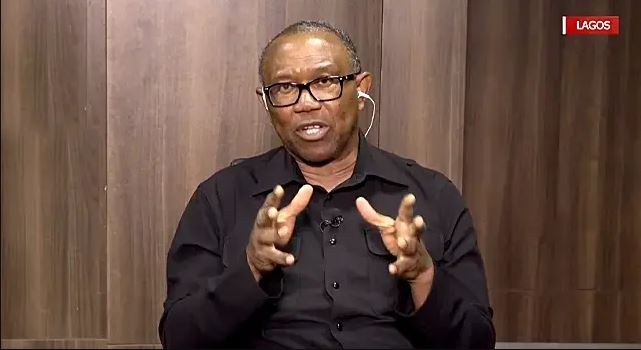The petition of the Labour Party and Peter Obi challenging the victory of President Bola Ahmed Tinubu in the February 25 election has taken a more gloomy outlook after their final written address to the election tribunal failed to contain a single evidence to establish their arguments.
Responding to their addresss, Wole Olanipekun, counsel to President Tinubu and Vice-President Kashim Shettima, asked the court to dismiss Obi and LP’s petition and their final written address because ‘’like the petition itself, it is a fiction.”
Tinubu’s lawyers argued that Obi and LP “abandoned” their petition in their final written address.
They asked the court to dismiss their arguments over the “clear manifestation and display of abandonment of the entire petition”.
“Order 22 Rule 5 of the Federal High Court (Civil Procedure) Rules, 2019, which is applicable to the proceedings mandates that “a written address shall…contain…(c) the issues arising from the evidence for determination,” Tinubu lawyers said.
“From this simple grammatical provision of the rules, it is clear that the petitioners have not formulated any issue for determination capable of being considered or countenanced by this honourable court; and the court can also not consider their address without issues for determination being presented by them.
“Arising from the foregoing, this honourable court is urged, as respondents have done in their final address, to dismiss the petition, not only for the reasons and submissions contained in that address, but also for the clear manifestation and display of abandonment of the entire petition.”
On forfeiture made by the president in the US, Tinubu’s lawyers argued that their arguments never emanated from a conviction.
“That Non-Conviction Based Forfeiture (NCBF) of the type referenced in Exhibit P5 [is] typically the outcome of an in rem action and does not involve trial or conviction for an offence.
“With respect, the entire address, like the petition itself, is a fiction,” the lawyers argued.

